|
Experiencing occasional anxiety is a normal part of life. However, people with anxiety disorders frequently have intense, excessive and persistent worry and fear about everyday situations. Often, anxiety disorders involve repeated episodes of sudden feelings of intense anxiety and fear or terror that reach a peak within minutes (panic attacks).
These feelings of anxiety and panic interfere with daily activities, are difficult to control, are out of proportion to the actual danger and can last a long time. You may avoid places or situations to prevent these feelings. Symptoms may start during childhood or the teen years and continue into adulthood. Whatever form of anxiety you have, treatment can help. Common signs and symptoms of anxiety include:
Types of anxiety:
What are the risk factors?
When to talk to a professional:
Having an anxiety disorder does more than make you worry. It can also lead to, or worsen, other mental and physical conditions, such as:
Reducing the impact of anxiety:
10 things you can do in 1 minute or less that will help you to regain control over your anxiety:
0 Comments
Leave a Reply. |
Understanding Your Mental HealthThis is a compilation of a few articles outlining some of the most common mental health issues we come across. Topics |
Initiatives |
|

